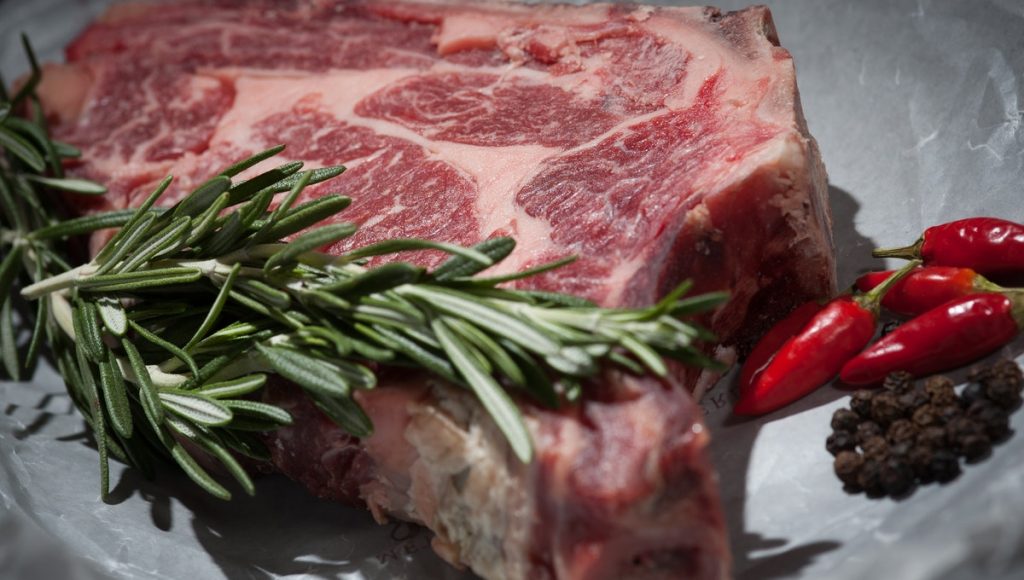Price hike in Germany: The price of beef could rise to € 80 per kilogram.This cost of beef has been estimated by a special government commission for the future of industrial farming, composed of both environmental groups and groups of farmers.

This means a nearly six-fold increase compared to the current price, which currently amounts to an average of EUR 13 in German stores.
A costly fight to protect the environment
Federal Minister of Agriculture Cem Özdemir believes that the diet of the Germans has become dangerous to their health. More and more people in Germany are overweight and obese.
The cause of this phenomenon is excessive consumption of food, often industrially processed, which is readily available and costs little.
The German government is committed to taking specific measures to increase environmental protection and biodiversity. One of them is the transformation of farms from industrial to ecological.
However, a price increase is necessary to offset the costs associated with increasing organic farming and livestock farming. According to the calculations of a specially appointed government commission, dairy products should cost two to four times more than today. In turn, the price of beef should increase six times, i.e. to about 80 euro per kilogram.
READ MORE: Drastic price increase of toilet paper in Germany announced
The Commission also calculated that the environmental damage caused by industrial agriculture is old, amounting to around EUR 90 million per year. Experts believe that the necessary transformation of the agricultural industry into an ecological one requires investments of the order of 7-11 billion euros per year.
The Commission concluded that the transformation would inevitably reduce the number of animals in German farms.
The Minister of Agriculture also wants to increase the area of organically farmed fields from less than 10 to 30 percent by 2030. In addition, catering in public institutions should be organized using regional and ecological products. “The state must lead by example .”
Source: Deutsche Welle, RTL
